Welcome back to This Week in Apps, the weekly TechCrunch series that recaps the latest in mobile OS news, mobile applications and the overall app economy.
Global app spending reached $65 billion in the first half of 2022, up only slightly from the $64.4 billion during the same period in 2021, as hypergrowth fueled by the pandemic has slowed down. But overall, the app economy is continuing to grow, having produced a record number of downloads and consumer spending across both the iOS and Google Play stores combined in 2021, according to the latest year-end reports. Global spending across iOS and Google Play last year was $133 billion, and consumers downloaded 143.6 billion apps.
This Week in Apps offers a way to keep up with this fast-moving industry in one place with the latest from the world of apps, including news, updates, startup fundings, mergers and acquisitions, and much more.
Do you want This Week in Apps in your inbox every Saturday? Sign up here: techcrunch.com/newsletters
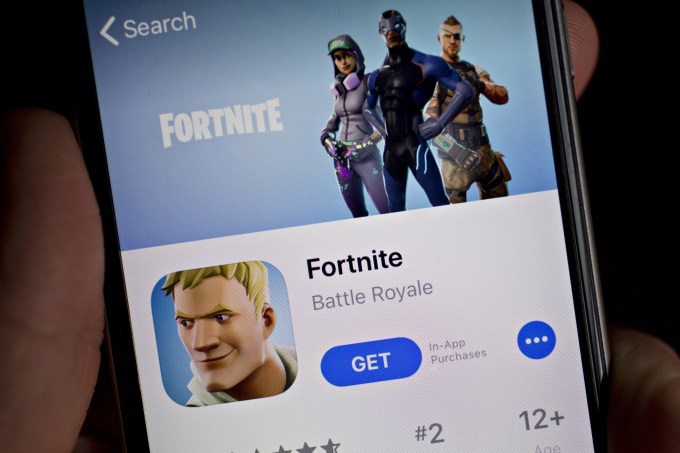
Image Credits: Andrew Harrer/Bloomberg / Getty Images
Image Credits: Andrew Harrer/Bloomberg / Getty Images
This week, Apple’s antitrust battle against Fortnite maker Epic Games returned to the courtroom after both sides appealed last year’s ruling in a potentially precedent-setting case over Apple’s alleged anti-competitive behavior. Last year, a U.S. District Court judge had largely favored Apple by ruling the tech giant was not acting as a monopolist with regard to its App Store practices. Epic Games was unhappy with that decision, of course, as it had wanted the court to force Apple to support third-party payments and/or third-party app stores which would have allowed Fortnite to maximize its revenues. Meanwhile, Apple didn’t want to agree to the court’s order that said it would have to permit apps that provide links to alternative payments.
Oral arguments kicked off this week at the U.S. Court of Appeal for the Ninth Circuit, in what will be an even higher-stakes trial for determining Apple’s future in the app market and its ability to set its own rules around payments and commissions. This time around, the U.S. Department of Justice and the State of California were granted time to present their own arguments to help explain the proper legal framework for evaluating the antitrust claims against Apple. Though both were technically being neutral, they expressed concerns over how the lower court had too narrowly interpreted parts of U.S. antitrust law, the Sherman Act, among other issues. The DoJ, notably, is in the early stages of filing its own antitrust suit against Apple, so how the appeals court rules on this matter could ultimately shape its own ability to effectively prosecute Apple further down the road.
In the opening arguments, the lawyer for the DoJ, Nickolai Levin, began by stating the district court erred in saying the Apple Developer Program Licensing Agreement (DPLA) is not concerted action. He explained that Section 1 of the Sherman Act prohibits contracts that restrain trade, which would include the licensing contract Apple is enforcing here. While the U.S. government wasn’t prepared to call out Apple’s contract as either reasonable or unreasonable, it wanted the court to understand that it was not above Section 1 scrutiny.
One of the judges pushed back against this claim, asking if Epic had actually agreed to Apple’s Developer Program Licensing Agreement with the intention of “going forward to restrain trade?” He suggested Epic signed in order to get into a market, actually. The lawyer responded that’s true, but the terms of the contract are binding, with one party forcing terms on another — so excluding contracts from Section 1 scrutiny would allow anti-competitive terms to go unpunished.
The court also asked for information on how the government believes the pro-competitive and anti-competitive effects should be weighed against one another to make a judgment, as there was no specific formula to make such a calculation. Levin explained that this boiled down to whether or not the effect of the restraint was to suppress or restrict competition, and cited legal precedent to guide the judges’ understanding.
The U.S. government also believed the lower court misapplied the rule of reason and erred in how it analyzed monopoly power. For example, Apple was able to set prices and keep them there regardless of what its competition did. “And, as Microsoft explained, that’s something only a monopolist can do,” Levin noted.
Of course, Apple’s legal team came well-prepared too. And, as one judge discovered, Apple’s lawyer, Mark Perry, who had been a longtime partner at Gibson, Dunn & Crutcher, was now at a new firm, Weil. But that didn’t mean Apple had changed firms — it just meant it now had two. Or as Perry put it, “we are one big happy family.”
Perry’s arguments re-iterated points from the lower court’s decision, particularly noting that the iPhone was designed to be more secure than the Mac, which is why there’s no “sideloading,” and instead puts apps through human review. And it’s a requirement that’s hard-coded into the iOS, the lawyer explained. “That’s a technical requirement. Apple then reflected that in the DPLA,” he said.
The lawyer also told the court Apple does allow developers to communicate with their users, and there are “no restrictions on communications.” Expect, of course, the restrictions he mentioned in his very next breath: that “Apple does not allow links and buttons because we can’t review them. We can’t track them. We can’t protect users from malware, fraud, porn, hackers, and all those other things. It would be a breach in the wall, an opening that bad actors could exploit. And it’s not well-thought-out.”
The case will likely continue for six months or more, so don’t expect any near-term resolution. And, if neither party is satisfied, it will likely be appealed to the Supreme Court, delaying the decision even longer.
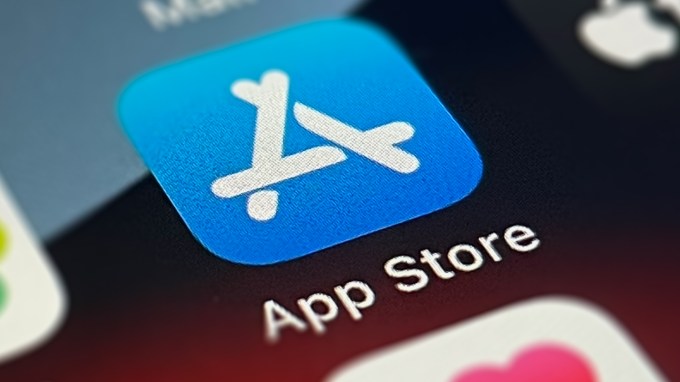
Image Credits: TechCrunch
Image Credits: TechCrunch
While the Epic-Apple antitrust battle is one of the most significant lawsuits facing Apple right now, the company was also sued this week over another matter.
Another lawsuit is taking on Apple’s data collection practices in the wake of a recent report by independent researchers who found Apple was continuing to track consumers in its mobile apps, even when they had explicitly configured their iPhone privacy settings to turn tracking off. The proposed class action lawsuit, filed by plaintiff Elliot Libman on behalf of himself and other impacted consumers, alleges that Apple’s privacy assurances are in violation of the California Invasion of Privacy Act.
As reported last week by Gizmodo, app developers and independent researchers Tommy Mysk and Talal Haj Bakry discovered that Apple was still collecting data about its users across a number of first-party apps even when users had turned off an iPhone Analytics setting that promises to “disable the sharing of Device Analytics altogether.” In their tests, the researchers examined Apple’s own apps including the App Store, Apple Music, Apple TV, Books, and Stocks, and found that disabling this setting as well as other privacy controls didn’t impact Apple’s data collection.
The plaintiff is looking to have the lawsuit certified as a class action and is seeking compensatory, statutory, and punitive damages in addition to other equitable monetary relief.
More on TechCrunch here. 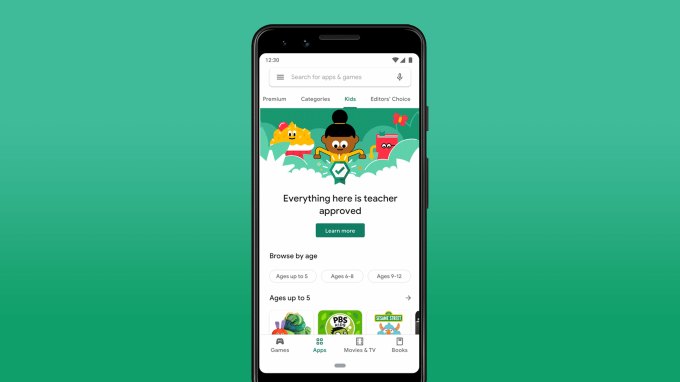
Google Play rolled out a series of changes to its programs and policies around apps designed for children. The company described the update as an expansion of its previously launched “Teacher Approved” program, which includes a review process where teachers and experts vetted apps not just for safety and security elements, but for educational quality and other factors. The newly revamped policies will now impact how apps qualify for this program, which allows apps to gain entry to the Play Store’s “Kids” tab.
Before, Google Play ran two (sometimes overlapping) programs around apps aimed at kids.
App developers were required to participate in Google’s “Designed for Families” program if their app was aimed at children, and could optionally choose to participate in the program if their app targeted both kids and older users. The Designed for Families program included a number of requirements around the app’s content, its functionality, use of ads, data practices, use of warning labels, feature set, underlying technology components, and more. Any apps in this program were also eligible to be rated for the Teacher Approved program, which had stricter guidelines, but entry was not guaranteed.
Now, the additional policy requirements for the Designed for Families program are being rolled into the Play Store’s broader Families Policy. This simplifies the rules for developers building apps for kids and opens up a broader selection of apps to be eligible to be rated for the stricter Teacher Approved program, as well.
The changes aren’t just about serving developers or consumers — they also help Google to meet stricter regulations being considered, drafted, and enacted worldwide around how software is permitted to handle kids’ data — such as the EU’s GDPR and the U.K.’s Age Appropriate Design Code. Failure to meet these requirements can result in significant penalties, as Meta recently learned when it was fined roughly $400 million for how it treated children’s data on Instagram, for instance.
More on TechCrunch here.
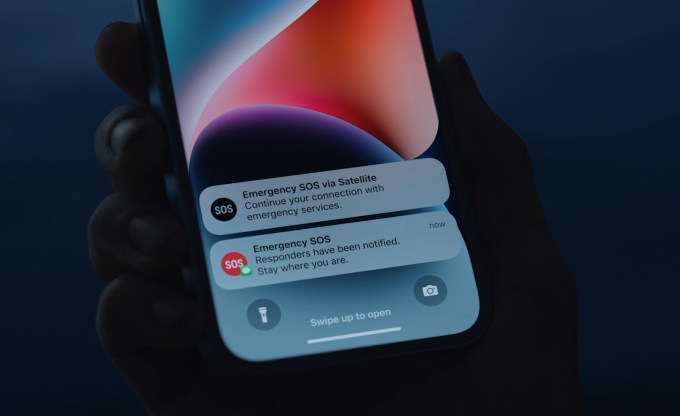
Image Credits: Apple
Image Credits: Apple
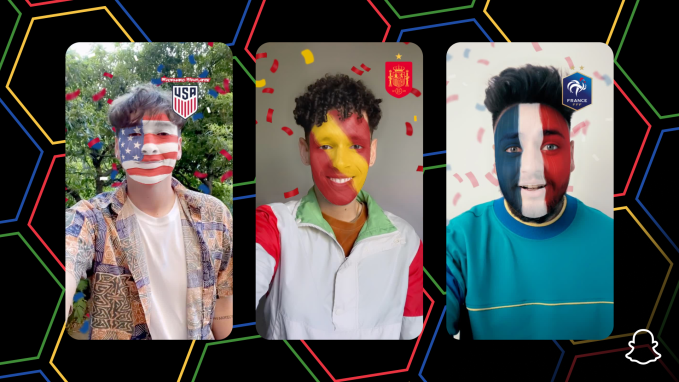
Image Credits: Snap
Image Credits: Snap
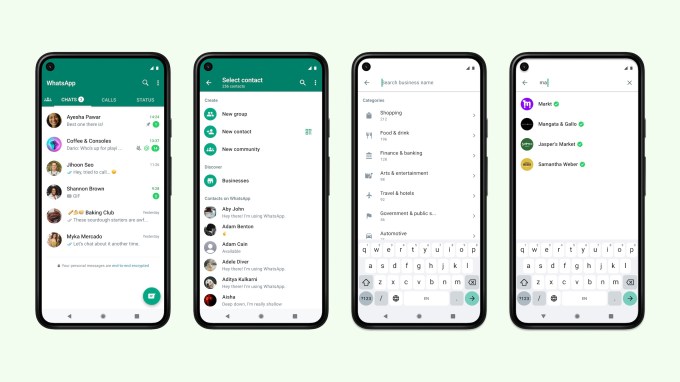
You can now search for businesses on WhatsApp
You can now search for businesses on WhatsApp
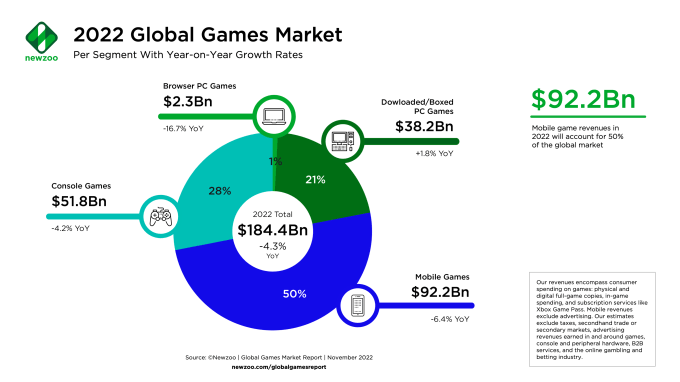
Image Credits: Newzoo
Image Credits: Newzoo
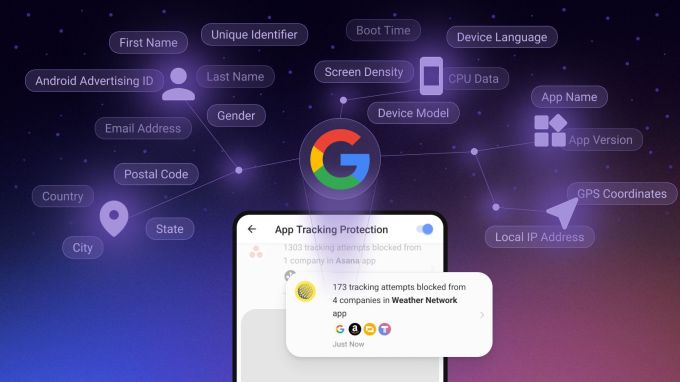
Image Credits: DuckDuckGo
Image Credits: DuckDuckGo
💰 Dubai-based investment app baraka raised $20 million in Series A funding led by Valar Ventures. The app offers commission-free investments in U.S. stocks and ETFs.
💰 Mobile chat app Geneva raised $21 million in a Series A extension led by cryptofund Multicoin Capital. The app, which focuses on having users join interest groups, is popular with Gen Z and creators who use it to talk to fans.
🤝 Note-taking app Evernote agreed to be acquired by Milan-based app developer Bending Spoons, for an undisclosed sum. The deal is expected to close in early 2023. Evernote had raised $290 million to date.
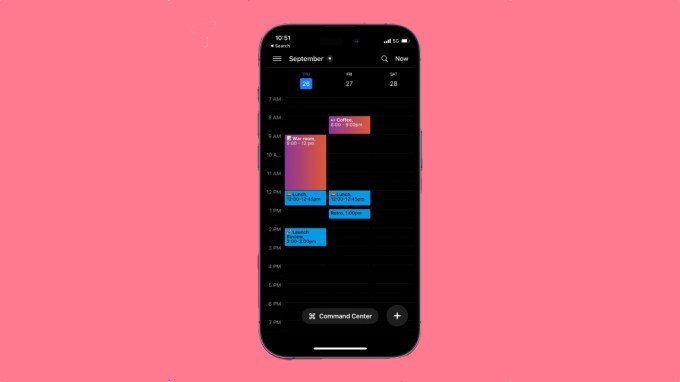
Image Credits: Vimcal
Image Credits: Vimcal
The Y Combinator-backed company Vimcal launched the iOS counterpart to its existing web and desktop calendar applications, available for Windows, Mac and Chrome. Similar to apps like Fantastical, users can type in meeting information in natural language, like “lunch with Lisa at 1 pm tomorrow.” It also offers a more customizable solution for finding timeslots for meetings, compared with existing players like Calendly. The iOS app, in beta since this April, has also optimized the software’s keyboard shortcuts for the touchscreen interface and adds other features. You can read a full review from TechCrunch’s Ivan Mehta here.
